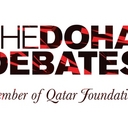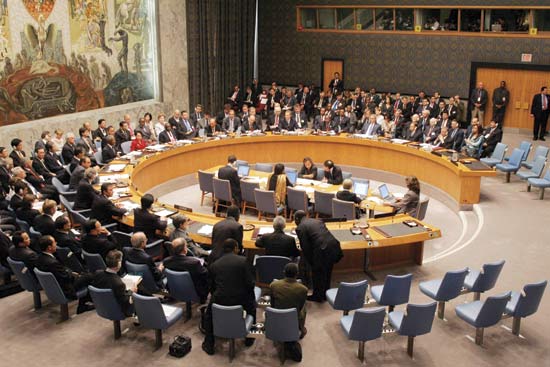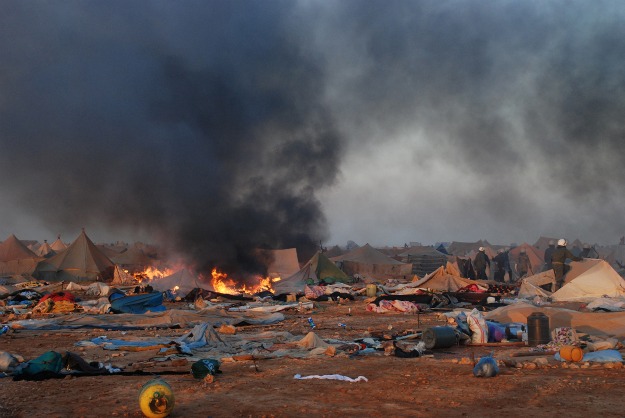Let’s boycott, isolate and sabotage Gaddafi: My Oped in the Financial Times

Published: March 9 2011 23:16 | Last updated: March 9 2011 23:16
Libya – Ten non-violent options
I am like many disappointed by the lack of debate about non-violent alternatives to the situation in Libya. No Fly Zones are an extremely risky venture, have no current legal basis, and may backfire. Above all, imposing NFZs, as Defense Secretary Gates has said, means attacking Libya i.e. entering a war. That means killing Libyans.
The World is better off with WikiLeaks: The Doha Debates

I’m very grateful to the BBC Doha Debates for inviting me to take part in this debate. I was the second proposer of the motion. And you can see the debate here.
It was a cracking debate, with a very lively and outspoken audience. I was very struck by the passion of the young people taking part, whose views could not have been clearer: we have a right to know the truth.
And the right side won – by a thumping majority.
Libya: further thoughts on UNSCR 1970 (2011) and paras 22-23 in particular
Thinking further about the resolution, I think there is an interesting provision in paras 22-23 of the text (see here for the final version of the text). The referral to the ICC is very important, and will allow the court to begin immediate investigations. This will of course take time and we are no doubt a long way from actual prosecutions let alone punishment. But paras 22-23 offer a more immediate course of action.
Libya: UN Security Council resolution 1970 (2011), adopted Feb 26, 2011: Some quick comments

Here are some quick reactions to last night’s very interesting Libya resolution, adopted by the UNSC. I’m working off this text, marked provisional, but posted by the UK Mission (on Google docs!) as the “final” version (ok, this appears to be the final text but it’s still a mess!).
Two challenges in Opening Diplomacy
A fascinating and insightful discussion on Friday at Independent Diplomat here in NYC. The subject was how to use technology to break open that closed practice, diplomacy. Two challenges were clear, and help define the problem:
1. First challenge: to open and improve the current closed practice of state-to-state interaction by promoting transparency and providing technological means (combined with incentives) to encourage and structure that transparency.
Chomsky on the origins of Arab unrest

Noted this quote from Noam Chomsky (appearing on Democracy Now on 17 February)
Libya: What the UN should do – right now
My article in The Guardian, Comment is Free:
Libya: The Responsibility to Protect: The text
Heads of state and government agreed to the following text on the Responsibility to Protect in the Outcome Document of the High-level Plenary Meeting of the General Assembly in September 2005
138. Each individual State has the responsibility to protect its populations from genocide, war crimes, ethnic cleansing and crimes against humanity.
A thought experiment in global political revolution
Watching the spreading revolt against autocracies in the Middle East – Tunisia, Egypt and tonight Libya – I am struck by how irrelevant is that international body of state governments, the UN. What a pity the UN is as awful as it is, a body all too often deadlocked in stale debate, repeating tired patterns of bloc politics. No one is inspired by it; no one can love it. Populated only by governments both democratic and not, it is run according to that dry calculus of states’ interests, which too often do not accord with the wishes or needs of humanity as a whole.
